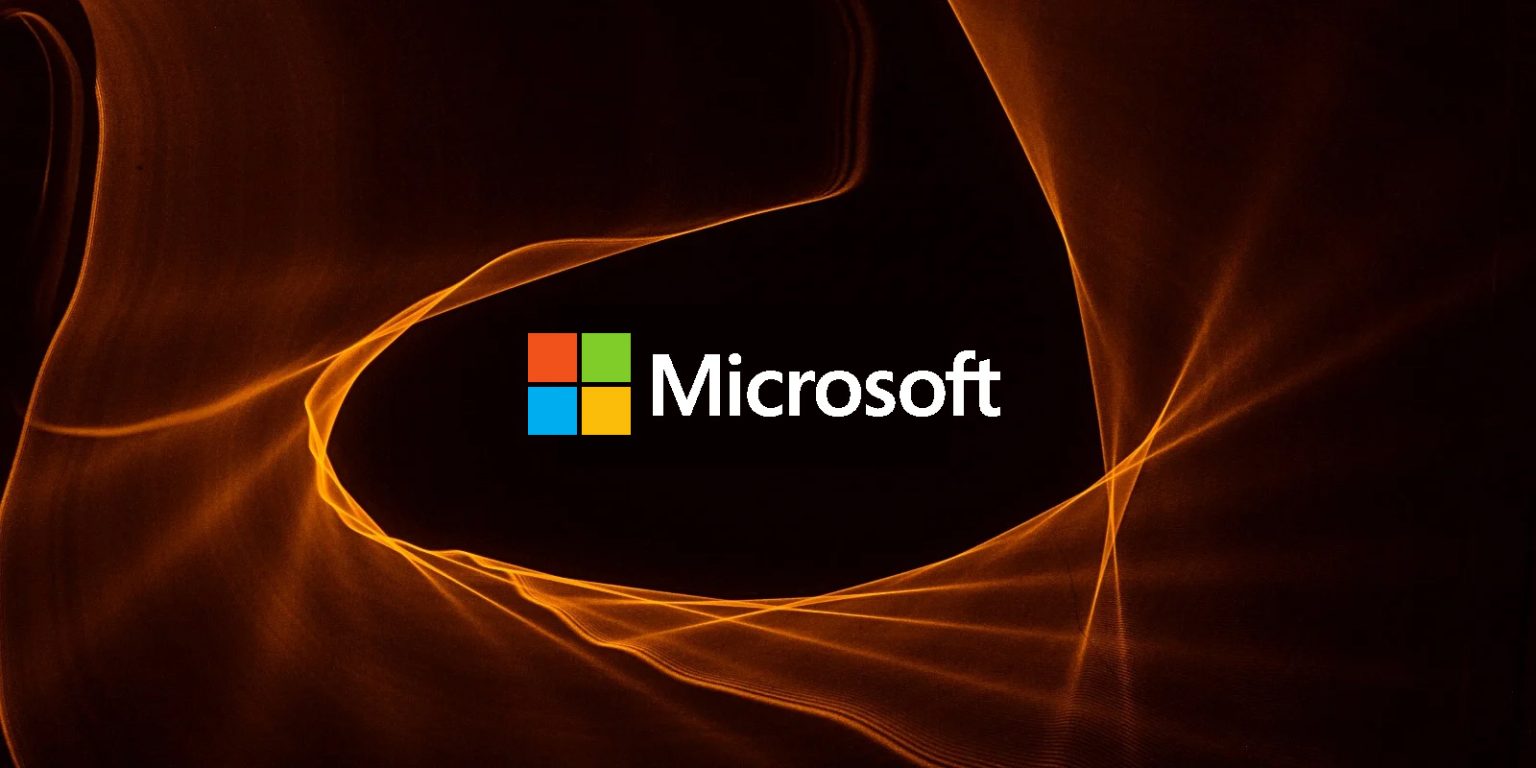The Federal Trade Commission (FTC) is investigating Microsoft in a sweeping antitrust probe, adding the tech giant to a growing list of Big Tech companies facing regulatory scrutiny. Microsoft’s cloud services, software licensing practices, cybersecurity offerings, and artificial intelligence (AI) ventures are at the heart of this investigation. The FTC’s inquiry, which has been ongoing for over a year, is reportedly focused on how Microsoft bundles its productivity software, like Office, with its Azure cloud platform, potentially giving it an unfair competitive edge.
The investigation delves into various aspects of Microsoft’s business, especially after recent security breaches involving its products, particularly given the company’s significant role as a key supplier of software to U.S. government agencies. The demand for information in this probe is extensive, spanning hundreds of pages and resulting from months of discussions with Microsoft’s competitors and business partners. While neither the FTC nor Microsoft has commented on the specifics of the investigation, sources have indicated that the FTC’s heightened interest in Microsoft’s cloud business follows concerns raised by these security incidents.
This marks a significant moment in Microsoft’s history, as it faces renewed scrutiny after largely avoiding the kind of antitrust attention that has plagued other tech giants like Amazon, Apple, Meta, and Google in recent years. Microsoft has largely escaped the intense regulatory spotlight that companies like Google and Meta have faced, but this investigation could signal a shift. If the FTC decides to pursue legal action, Microsoft could find itself in a situation reminiscent of the late 1990s, when the company was embroiled in a landmark anti-monopoly case over the bundling of its web browser with the Windows operating system.
In addition to the cloud and security concerns, the investigation follows the findings of the government’s Cyber Safety Review Board, which criticized Microsoft’s security culture earlier this year, calling for significant improvements, particularly in light of the company’s vital role in the global technology ecosystem. In response, Microsoft CEO Satya Nadella issued a company-wide memo stressing the importance of prioritizing security over other concerns.
However, the future of the investigation may be impacted by upcoming political changes. President-elect Donald Trump is expected to appoint a new chairperson to the FTC once he takes office in January. This change could lead to shifts in the direction of the probe, as Trump is likely to choose a Republican commissioner to head the agency. While it is uncertain whether the investigation will continue under the new leadership, Trump’s previous administration saw aggressive antitrust actions against tech companies, including lawsuits against Google and Meta. As a result, the fate of this investigation remains to be seen, with the possibility that the new leadership may either press forward with the probe or alter its course entirely.
The FTC’s investigation into Microsoft underscores the increasing government focus on regulating the power and practices of Big Tech, especially as these companies continue to dominate the digital economy and touch nearly every aspect of modern life. The outcome of this inquiry could set significant precedents for how regulators approach tech monopolies and their impact on competition and consumer choice in the years ahead.
